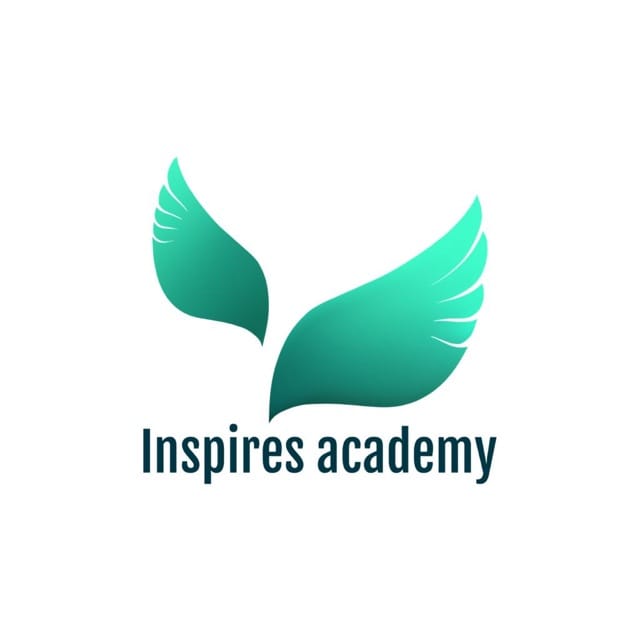Course Reviewer

Job Description
Carefully listen to the presentation. Withhold comments, questions, feedback and evaluation until they have carefully examined the work and listened to the complete presentation. This means that it is not appropriate to interrupt a student. Some faculty members suggest to their reviewers that they take a few minutes to reflect on both what the student said and the project before beginning their comment/conversation.Evaluate the work, not the student. Make comments, suggestions, criticism and compliments specific to the work. In other words, it is more effective if your feedback does not begin with “you didn’t accomplish . . . ” but rather uses language like “this design doesn’t accomplish . . . “ or “this piece lacks . . .”
Make sure to address students at the appropriate level. For example, first year students are less knowledgeable than forth or fifth year students, and do not yet have the concepts or language that they will develop throughout the curriculum. It is sometimes difficult for reviewers, both faculty who do not teach first year students and practitioners, to remember what they knew and could do when they were first year students.
[For external reviewers] Know and abide by the “ground rules” for appropriate discussion and feedback. For example,
Should the reviewer talk to the student, the class or other reviewers?
Is it appropriate for reviewers to debate or challenge each other’s comments? Build on each other’s comments?
Should the reviewer provide both positive feedback as well as feedback on what isn’t working? Students can learn just as much from what they’ve “done right,” with an added value that it builds their confidence in certain aspects of their work. However, reviewers frequently have a tendency to focus on and emphasize the negative aspects of a project and fail to leverage the positive features when making recommendations.
Should the reviewer balance questions with comments during the review to get students to be reflective about what they did, why they did it, etc.? This is particularly important if your goals include helping students learn to be reflective about their work and to become better at extemporaneously responding to questions about their work.
Required Knowledge, Skills, and Abilities
- good communication
- interpersonal skills
- self motivated
Education + Experience
- Qualification: B.Ed
Drop Your Cv's @
